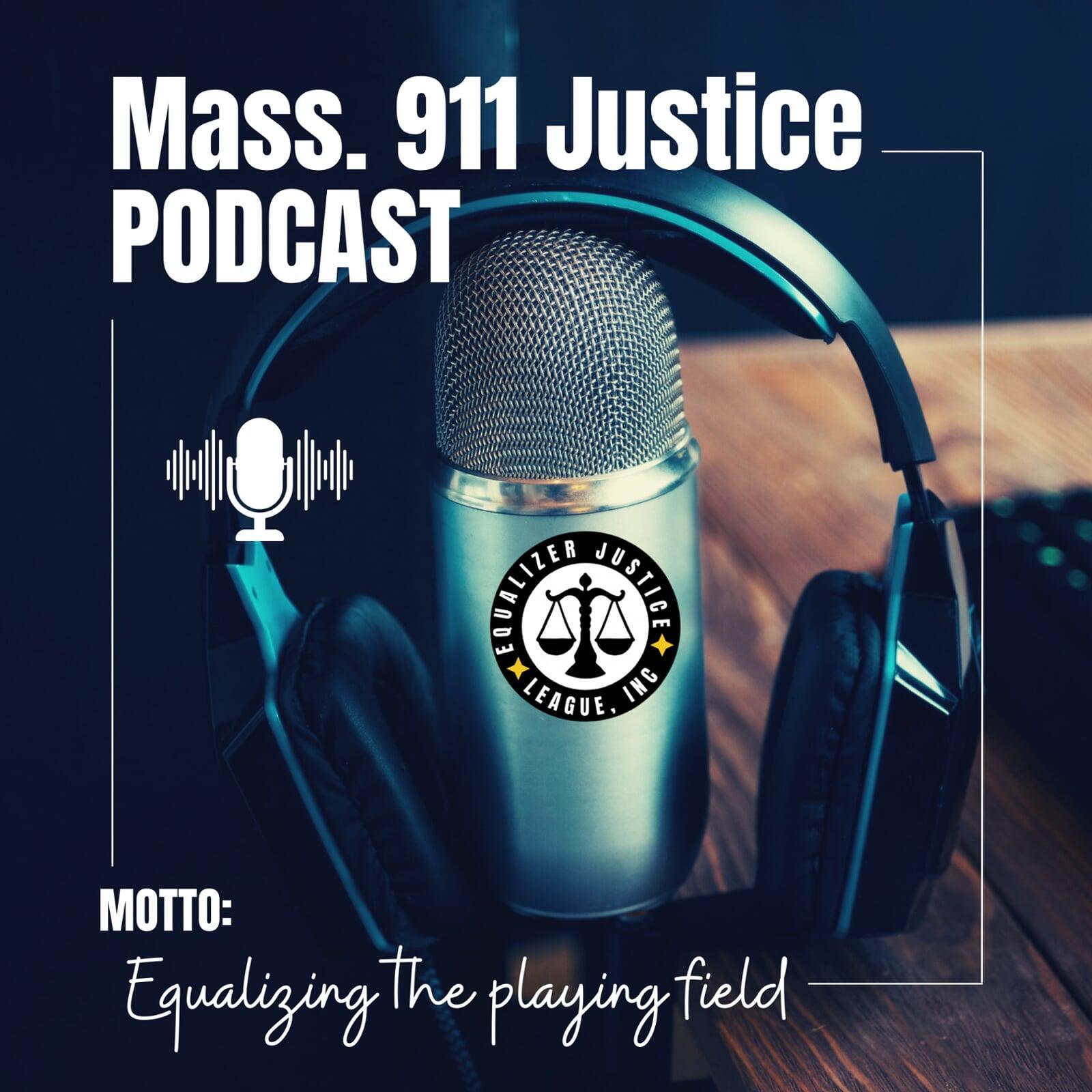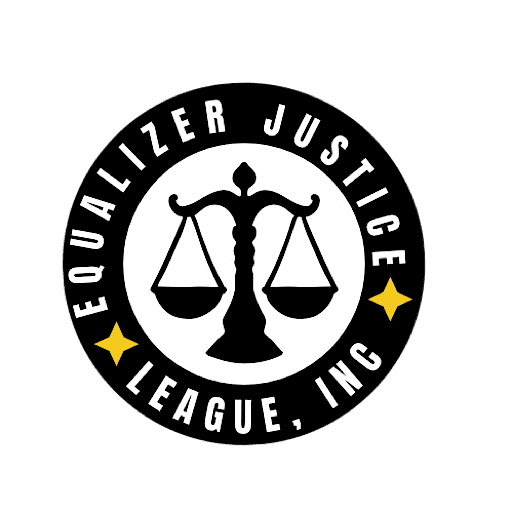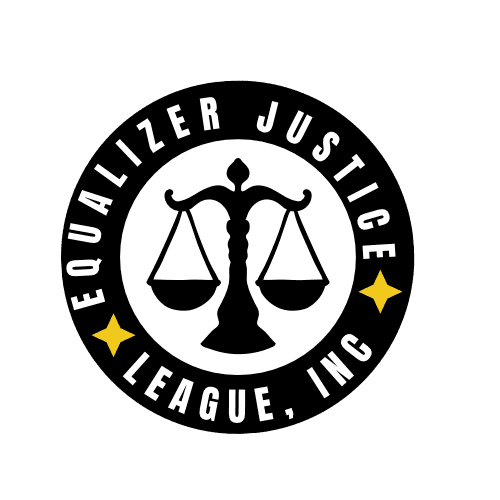Mass. 911 Justice
"Equalizing the playing field"

our Mass. 911 Justice podcast covers topics of interest, allowing deep dives into complex issues and creating opportunities for engaging storytelling, expert interviews, case studies, and personal narratives of those affected by injustice. Justice encompasses many areas, including legal rights, social equity, human rights, and criminal reform. Mass. 911 Justice offers ample material for exploration, with a focus on justice that provides a wide range of thought-provoking, impactful, and relevant topics. All topics can be paired with action-oriented discussions on how listeners can get involved, advocate for change, or understand the nuances of justice in a modern context. Focusing on criminal and housing issues within the context of podcasting, opens up a wealth of compelling and socially relevant topics that tie into issues like equality, access, economic disparities, racial justice, and human rights. Listen here
Coverage to include:
Coverage to include:
Coverage to include:
Coverage to include:
Coverage to include:
Coverage to include:



